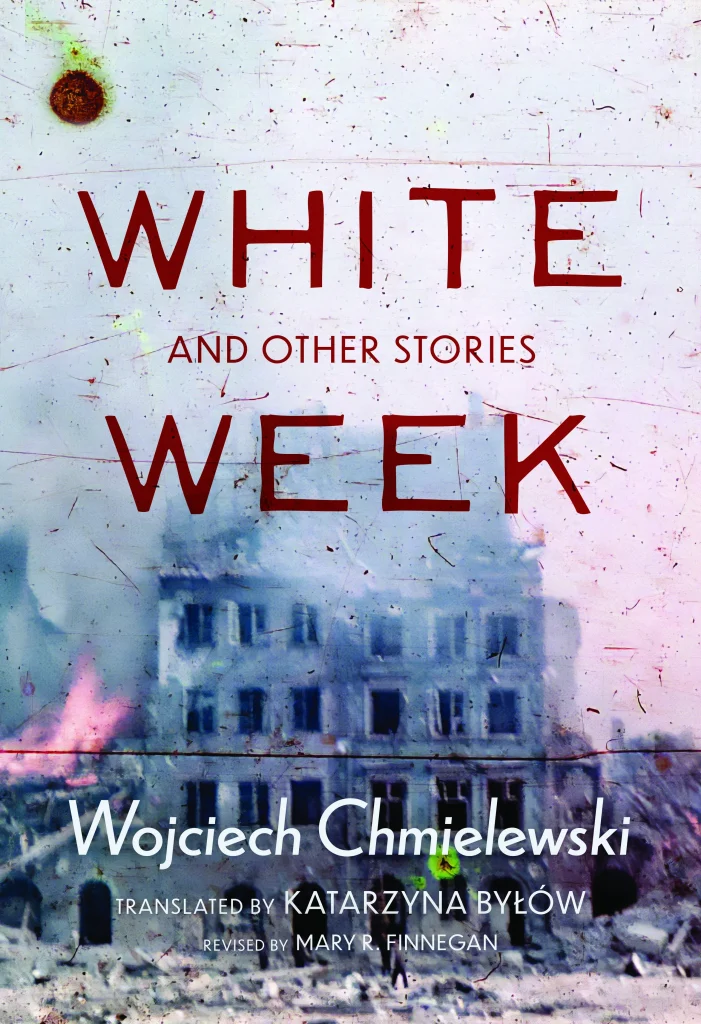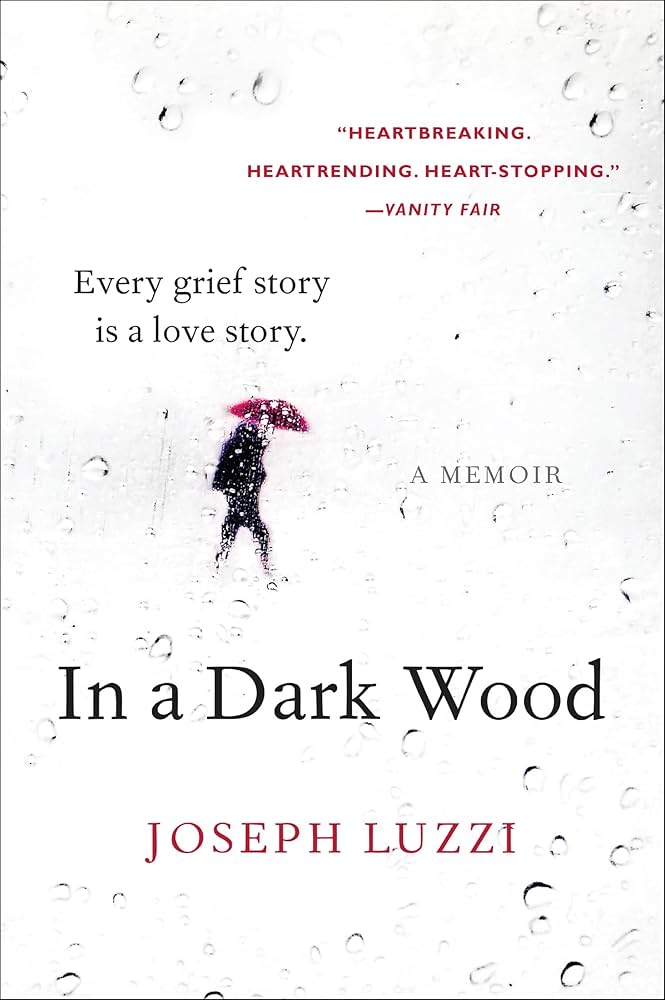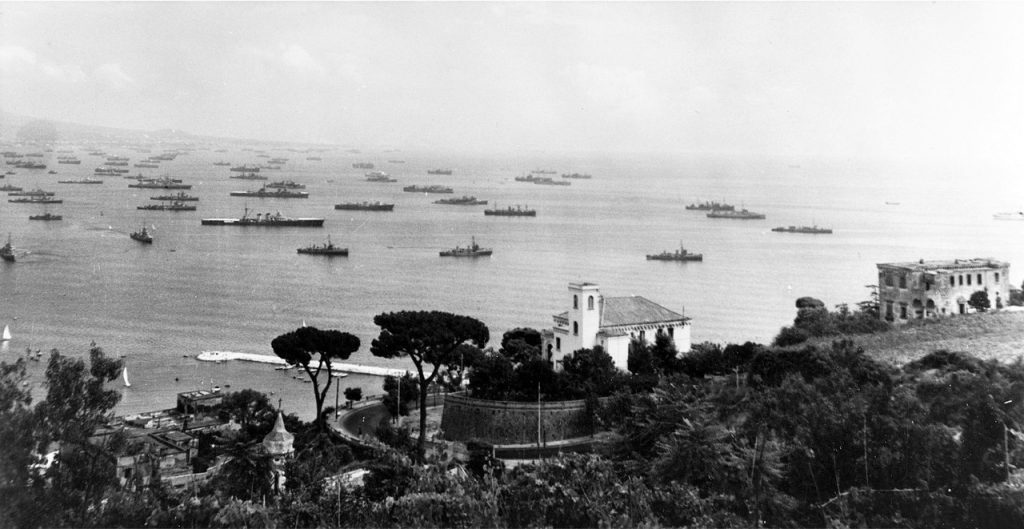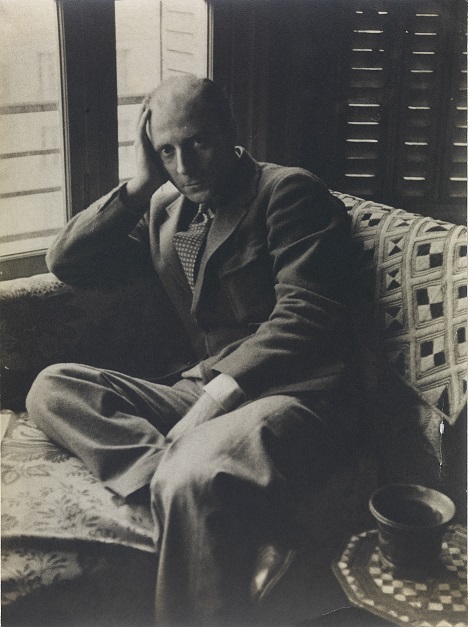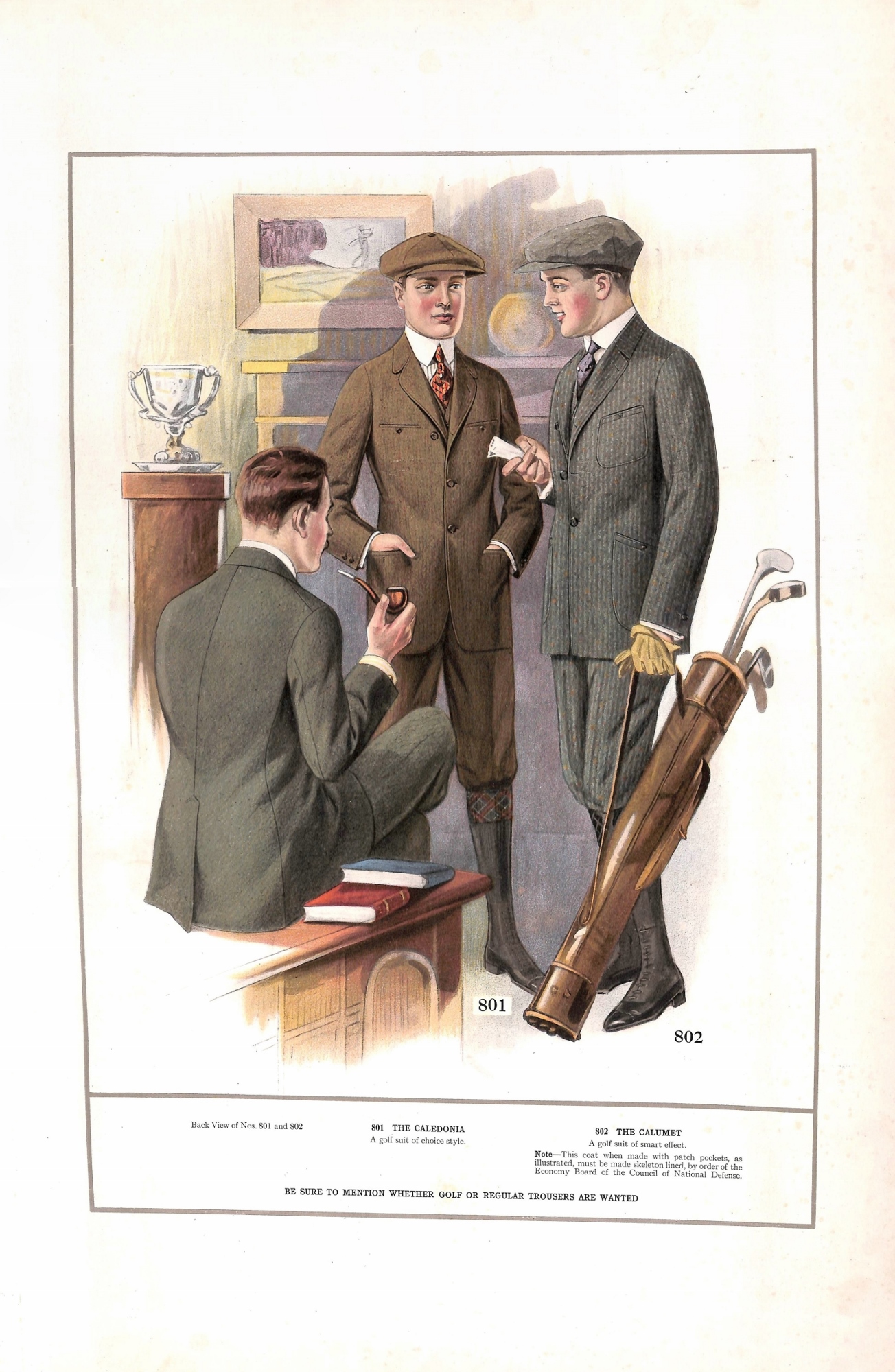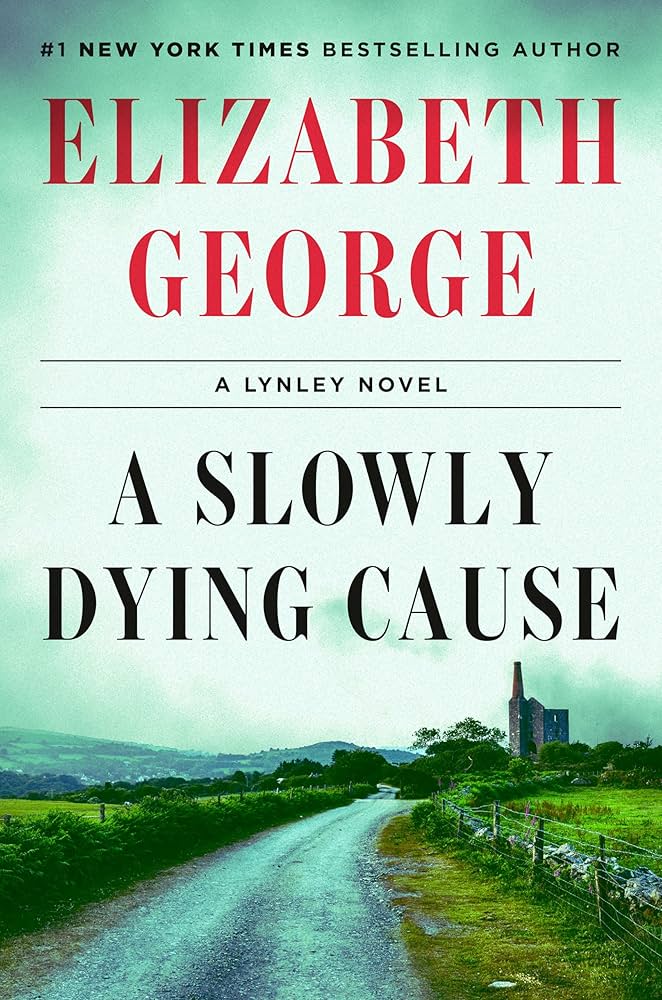
In late October, we were back at the St. Louis County Library. We had previously attended the talk by mystery writer Elizabeth George; this time it was the British writer, Andrew Morton.
Morton became an almost-household name in Britain in the 1990s when he wrote not just “a” book but “the” book about Princess Diana – the one she agreed to do. Diana: Her True Story nearly toppled the British monarchy – or at least Diana’s revelations seriously damaged the institution.
Morton has since written books about Monica Lewinsky, Madonna, David and Victoria Beckham, Tom Cruise, Angelina Jolie, and William and Catherine when they were still the duke and duchess of Cambridge. You might say he’s an A-List celebrity biographer.
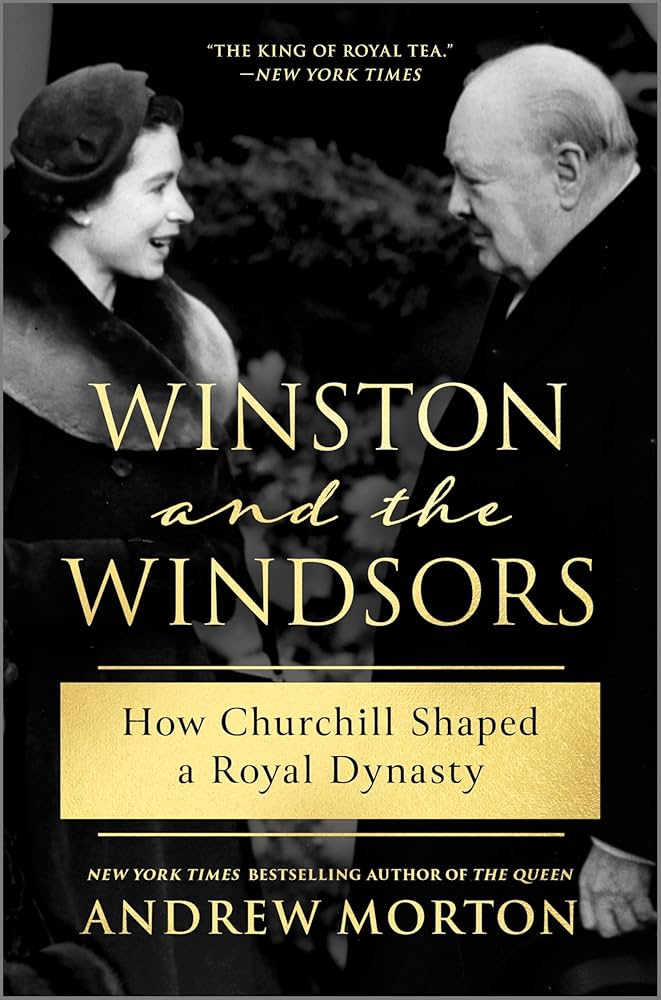
But his more recent attention has turned from contemporary celebrities to those who are more historical. And that’s what we were there to hear him talk about –Winston and the Windsors: How Churchill Shaped a Royal Dynasty.
This is a biographical work, but it’s not a biography of Winston Churchill, and it’s not a biography of the Windsor family. Instead, it’s the story of the relationship between Churchill and the royals. No one individual had more influence on the Windsors that Churchill did, with his career bookended by Queen Victoria and Queen Elizabeth II and four kings in between.
From early on, Churchill was seen as something of a loose cannon, but as least from Edward VI onward, the royals recognized that no one was more faithful to the idea of the British monarchy than Churchill.
Edward VI liked him, even as Churchill could sometimes infuriate him/ George V started out frosty and remote, disdaining Churchill until he began to understand the man better. Edward VII, who gave up his throne, had hoped Churchill might have found a way for him to marry Wallis Simpson and keep the throne, but it never was accepted by the British establishment. (According to Morton during his talk, the royal family initially welcomes Walliss because the kept the Prince of Wales’s drinking under control.)
Considerable space in the book is devoted to what had to be the most important relationship Churchill had with the royals – that of George VI, unexpectedly thrust onto the throne by his brother’s abdication and the one who, with Churchill at his side, led Britain through the very dark days of World War II. Their friendship started off rather cool – George VI and his wife Elizabeth knew how close Churchill had been to Edward VII. But his steadfastness and devotion to the monarchy won them over.

It was that eventual closeness that led Churchill to adopt an almost fatherly role with Elizabeth II, when she became queen at 25 on the death of her father. And it was Churchill who traveled to Scotland to tell Elizabeth’s mother than she had to get over her grief and return to London: Elizabeth and the royal family needed her. That was likely the catalyst for her to become affectionately known as the “Queen Mum.” (An interesting side note: Morton says that Churchill played the decisive role in quashing the plan to rename the family “Mountbatten” upon Elizabeth’s succession to the throne.)
Winston and the Windsors is a well-done story of an important relationship that lasted, with all its ups and downs, for some 60 years. It’s fully grounded in historical records; Morton says he spent considerable time in the Churchill Archive at Cambridge University, the archives at Windsor Castle, and the archives at Blenheim Palace, where Churchill was born. That effort shows. So does Morton’s ability to take well-plowed ground and tell a story that’s fresh and fascinating.
Top photograph: Buckingham Palace.

